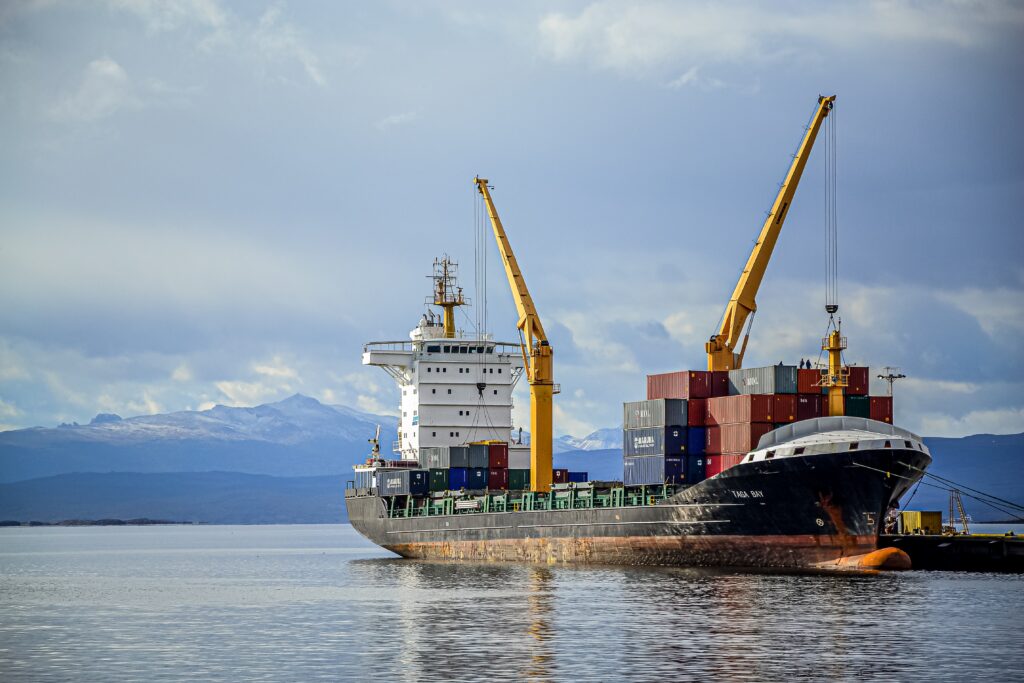In today's interconnected world, the transportation of goods plays a pivotal role in global trade. While air and land routes have their merits, sea routes have emerged as a vital and advantageous mode of transportation. This article delves into the multifaceted advantages of sea routes, exploring their economic, environmental, and strategic benefits.
- Cost-effectiveness:
Sea routes offer a cost-effective solution for transporting large quantities of goods over long distances. Compared to air freight, shipping by sea is significantly cheaper, making it an attractive option for businesses seeking to optimize their supply chain costs. The economies of scale associated with sea transportation further enhance cost-effectiveness, as larger vessels can carry substantial cargo volumes, reducing the per-unit transportation cost. - Capacity and Flexibility:
Sea routes provide unparalleled capacity for transporting goods. With the ability to accommodate massive container ships, sea transportation can handle substantial volumes of cargo, making it ideal for industries such as manufacturing, automotive, and retail. Moreover, the flexibility of sea routes allows for the transportation of various types of goods, including bulk commodities, perishable items, and oversized cargo, catering to diverse industry needs. - Environmental Sustainability:
In an era of increasing environmental consciousness, sea routes offer a greener alternative to other modes of transportation. Ships have a significantly lower carbon footprint compared to airplanes or trucks, emitting fewer greenhouse gases per ton of cargo transported. Additionally, advancements in maritime technology have led to the development of eco-friendly vessels, utilizing cleaner fuels and adopting energy-efficient practices, further reducing environmental impact. - Global Connectivity:
Sea routes provide unparalleled global connectivity, linking continents and facilitating international trade. Ports serve as vital hubs, connecting land-based transportation networks to sea routes, enabling seamless movement of goods across regions. This connectivity fosters economic growth, promotes cultural exchange, and strengthens diplomatic ties between nations, making sea routes a catalyst for globalization. - Strategic Importance:
Sea routes hold immense strategic importance, particularly for countries with extensive coastlines or those reliant on maritime trade. Control over key sea routes can influence geopolitical dynamics, granting nations a significant advantage in terms of security, defense, and economic dominance. The ability to project power and protect national interests through naval presence underscores the strategic value of sea routes.
Conclusion:
The advantages of sea routes extend far beyond their cost-effectiveness, encompassing environmental sustainability, capacity, global connectivity, and strategic significance. As businesses and nations navigate an increasingly interconnected world, harnessing the potential of sea routes can unlock new opportunities, drive economic growth, and foster sustainable development. Embracing the advantages of sea routes is not only a prudent choice but also a step towards a more interconnected and prosperous future.


